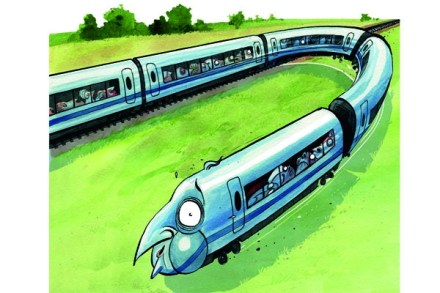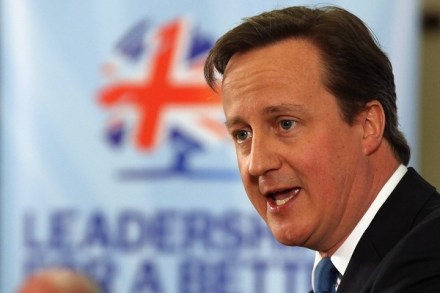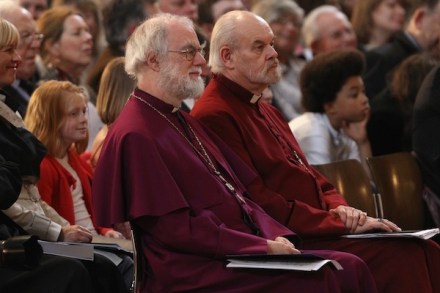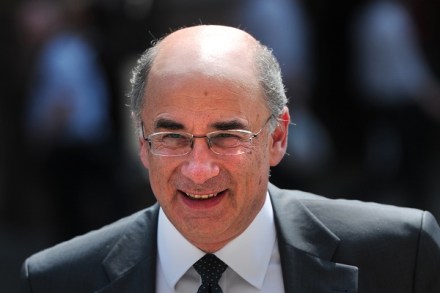The View from 22 – is HS2 the rail to nowhere?
Is High Speed 2 headed for the sidings? In our cover feature this week, Ross Clark examines why the ambitious infrastructure project — designed to boost Northern cities — has all but disappeared from the government’s agenda. Despite the chancellor’s ‘boyish enthusiasm for fast trains’, the project has lacked the essential support from private business. Now, more pressing issues have taken charge. In our View from 22 podcast this week, Ross explains why the Tories were once so enthusiastic about the High Speed link to the North: ‘It was a way for the Tories to say — as part of their decontamination of the Tory brand — look, we’re




















